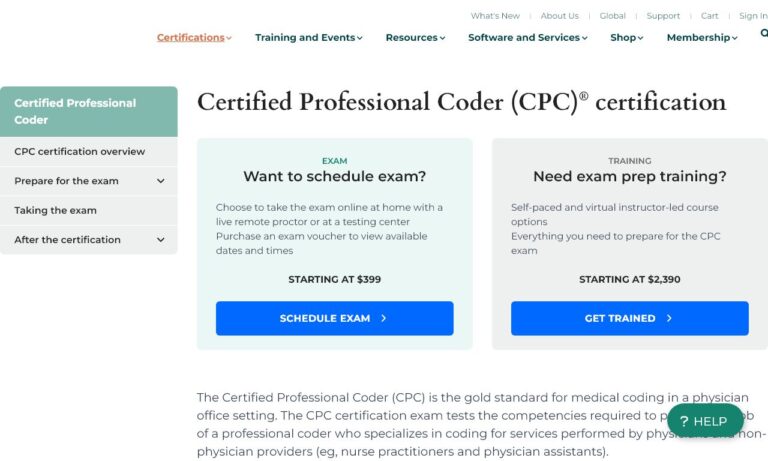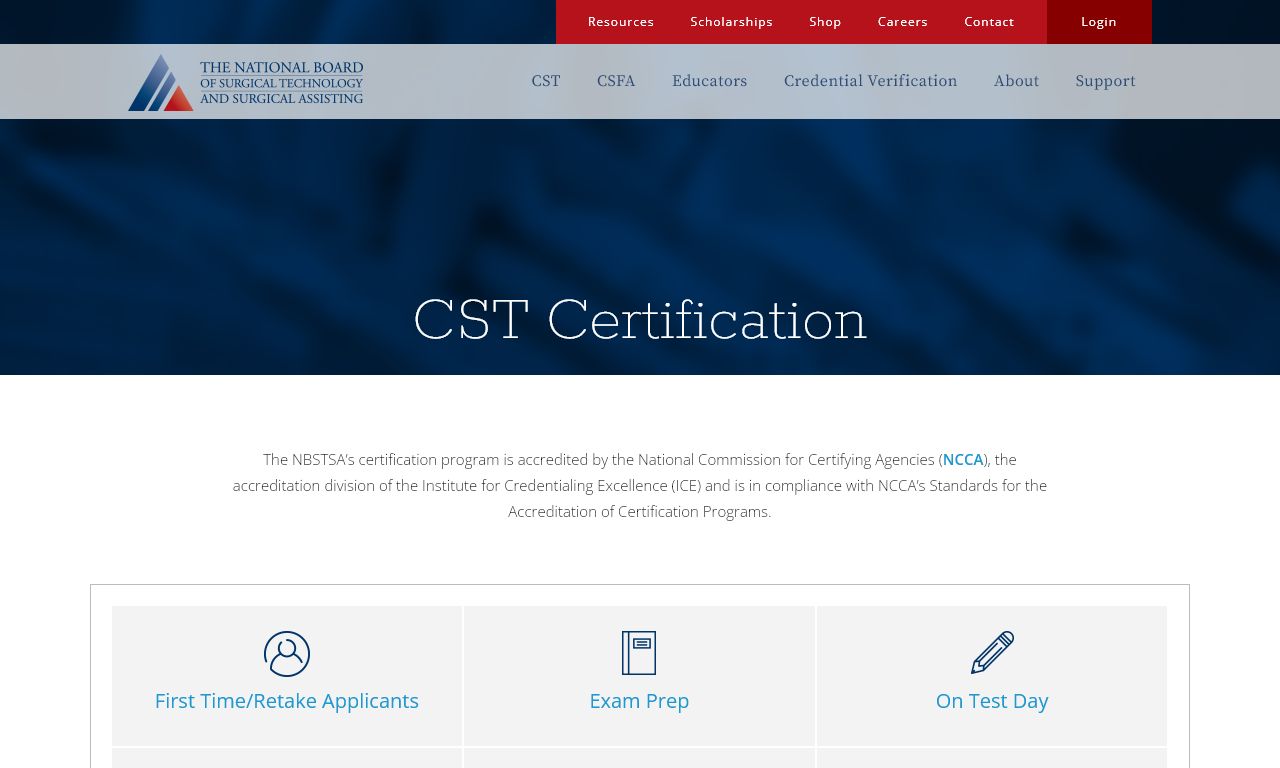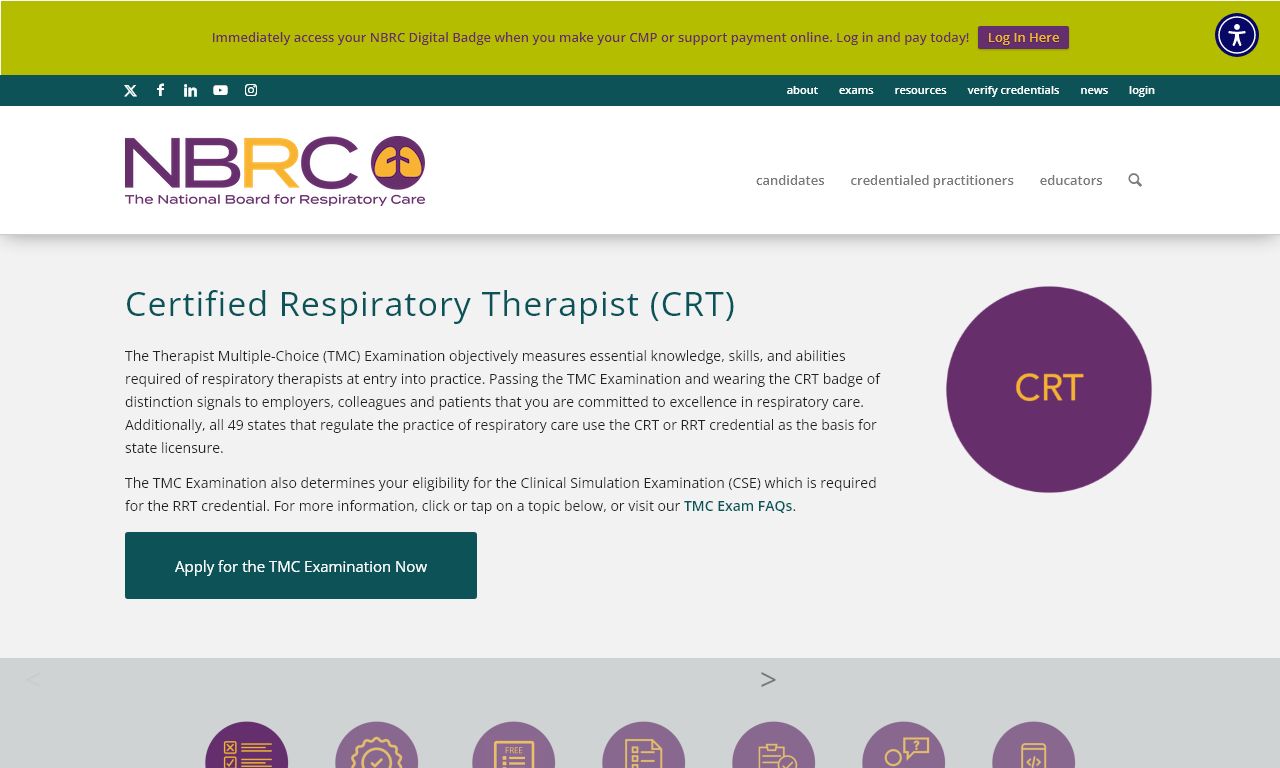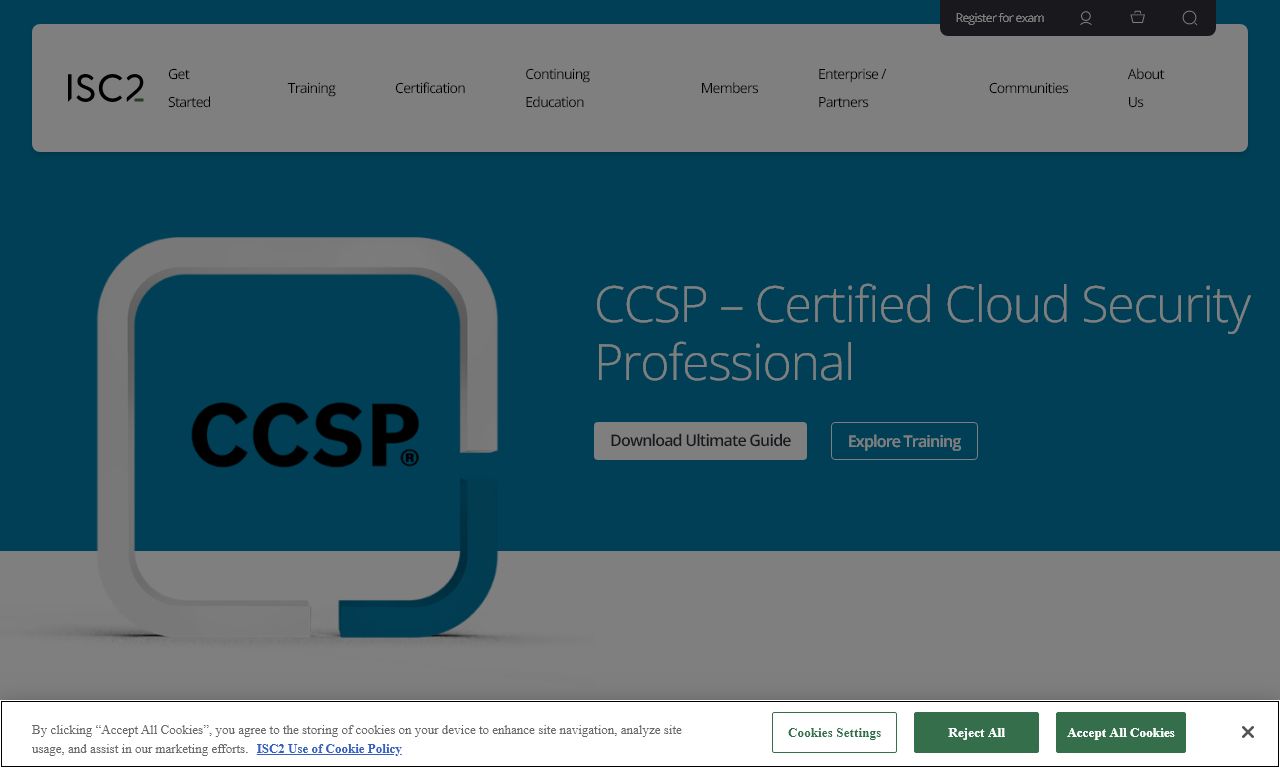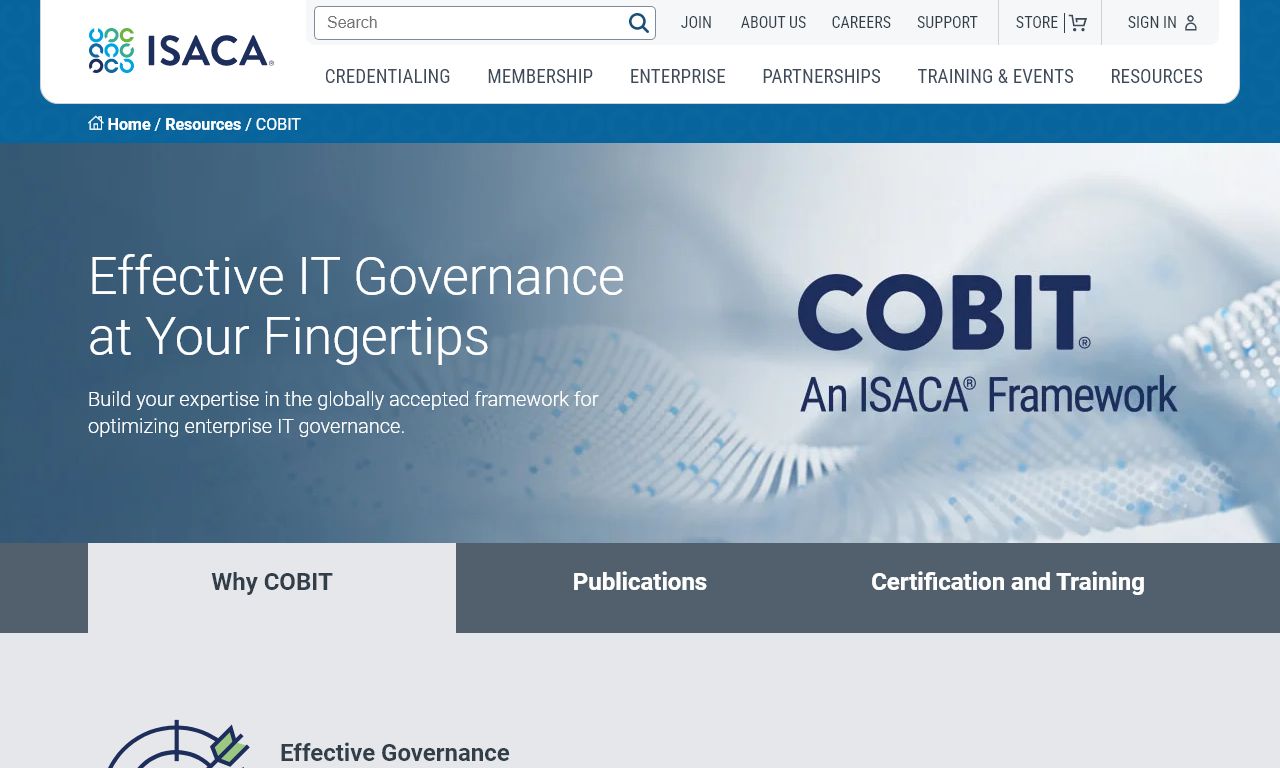CPC Exam Overview
The CPC (Certified Professional Coder) exam is a certification exam administered by the AAPC (American Academy of Professional Coders). It tests medical coding proficiency using the following code sets:
- CPT (Current Procedural Terminology)
- HCPCS Level II (Healthcare Common Procedure Coding System)
- ICD-10-CM (International Classification of Diseases, 10th Revision, Clinical Modification)
Exam Details
- Exam Format: Proctored, open-book, multiple-choice exam
- Number of Questions: 100 questions
- Time Limit: 4 hours
- Passing Score: 70%
Exam Eligibility
To be eligible for the CPC exam, candidates must meet one of the following requirements:
- Have at least two years of medical coding experience, or
- Have completed an AAPC-approved coding program, or
- Have completed anatomy, medical terminology, and pathophysiology courses
Exam Preparation
The AAPC offers the following resources to help candidates prepare for the CPC exam:
- CPC Exam Study Guide
- CPC Practice Exams
- CPC Review Classes
- CPC Exam Prep Courses
Maintaining Certification
To maintain the CPC certification, coders must:
- Earn 36 Continuing Education Units (CEUs) every two years
- Maintain membership with the AAPC
- Adhere to the AAPC Code of Ethics
Benefits of CPC Certification
- Demonstrates proficiency in medical coding
- Increases job opportunities and earning potential
- Enhances credibility and professional reputation
- Provides access to AAPC resources and networking opportunities
